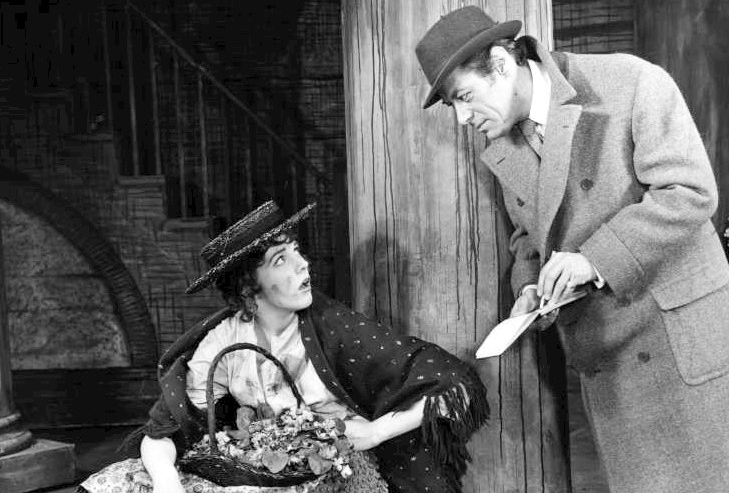Art and Music
If in all things you seek sexism and oppression, doubtless you will find it
It was St. Teresa of Avila who said, “If in all things you seek Jesus, doubtless you will find him.” After reading this piece about the #metoo-inspired hand-wringing accompanying the revivals or debuts of musical theater productions, it occurred to me that if in all things one seeks sexism, oppression Read more…
